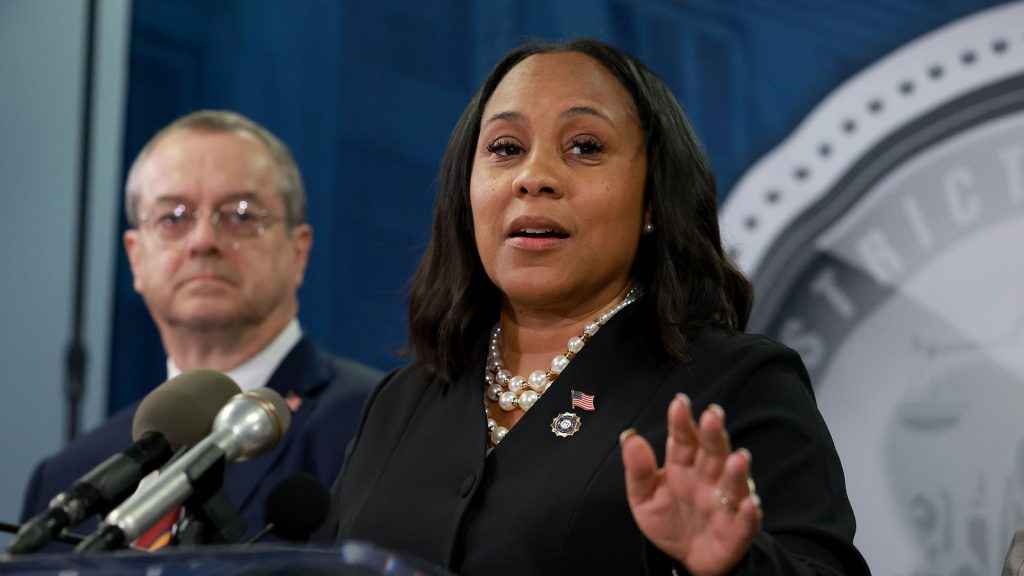
Throughout US history, a ‘white backlash’ has worked to keep Black officeholders and their constituents out of power. Atlanta DA Fani Willis is just the latest. By Rodney Coates, Professor…

Throughout US history, a ‘white backlash’ has worked to keep Black officeholders and their constituents out of power. Atlanta DA Fani Willis is just the latest. By Rodney Coates, Professor…
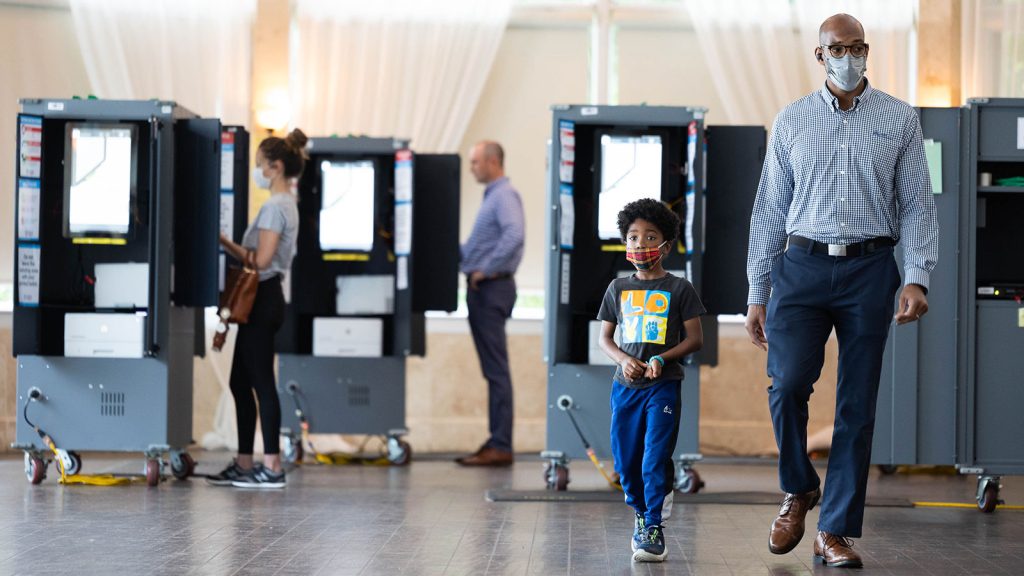
In a state where elections have turned on Black voters, the recent GOP overhaul of Georgia election laws has many voting rights activists and Democrats concerned that turnout may be…

Part I: History and Black Land Stewardship. By Lisa Betty, Ethical Style Journal — “The middle passage itself was a rupture in the Atlantic ocean’s ecological maintenance.” Damani Maurice Black…
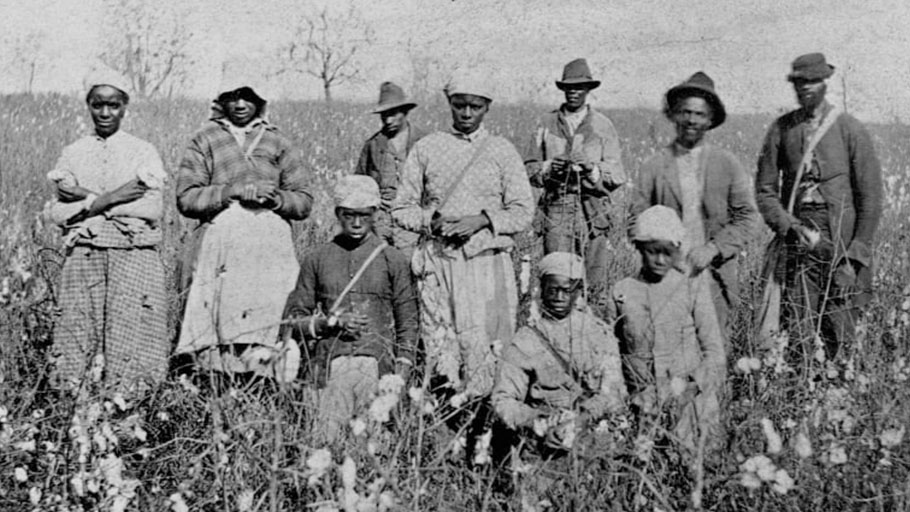
The black codes effectively continued enslavement for African Americans by restricting their rights and exploiting their labor. By Nadra Kareem Nittle — When slavery ended in the United States, freedom…
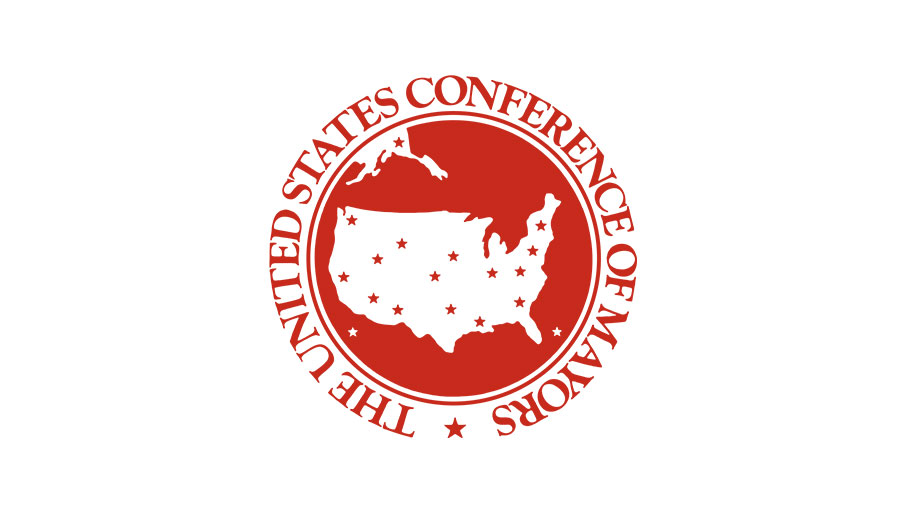
88th Annual Meeting of the United States Conference of Mayors Resolution In Support of the Commission to Study and Develop Reparation Proposals for African Americans Act (H.R 40/S. 1083) WHEREAS,…
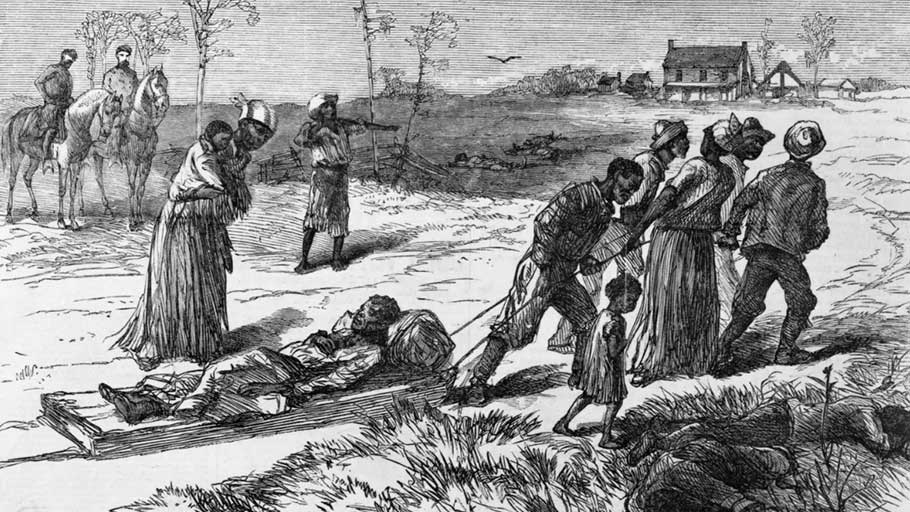
From slavery to Reconstruction to Dylann Roof, the idea of “race war” has a long and bloody legacy in the United States. By Michael E. Miller, The Washington Post — It was high noon on Easter 1873 when the white mob came riding into Colfax. Five months earlier, Louisiana had held its second election since the end of the Civil War and the beginning of black male suffrage. But some…
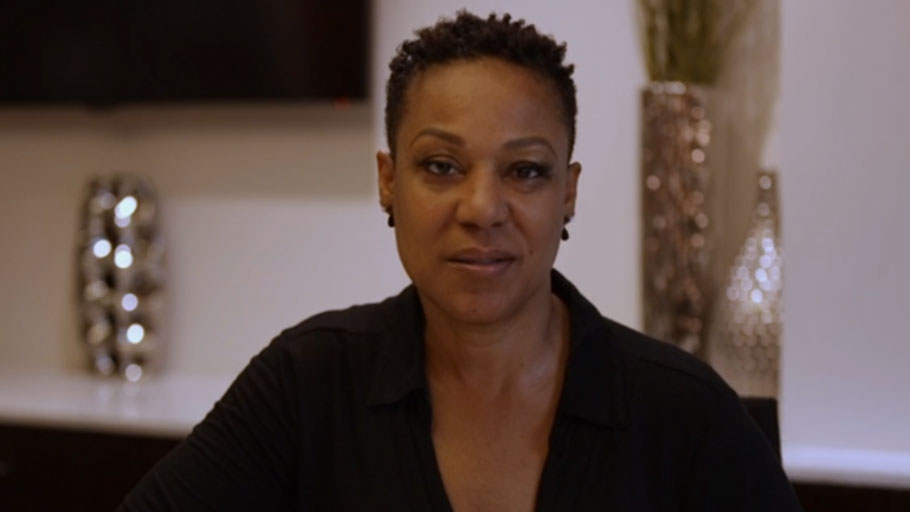
By Sonia Pruitt (Chair of the National Black Police Association) — Yesterday morning, I received a text message from a friend, who is also in law enforcement. The text contained a…
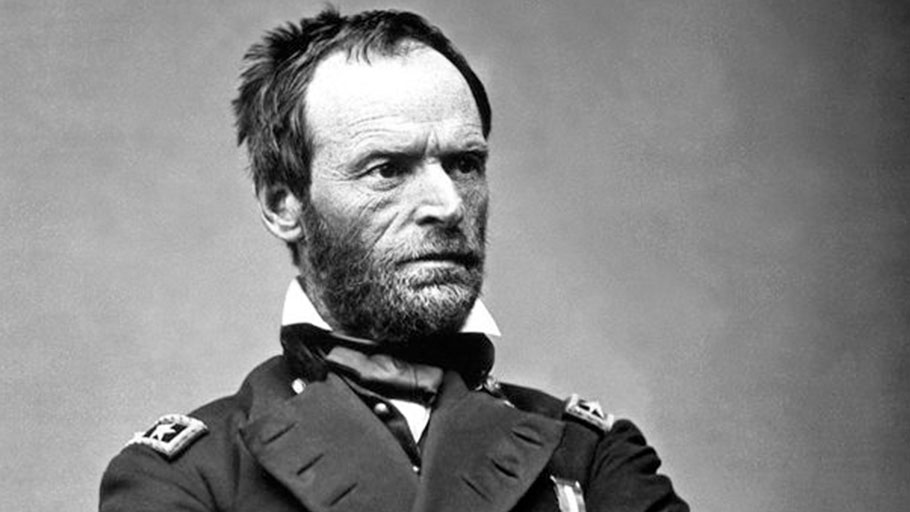
By Henry Louis Gates, Jr. — We’ve all heard the story of the “40 acres and a mule” promise to former slaves. It’s a staple of black history lessons, and it’s the name of Spike Lee’s film company. The promise was the first systematic attempt to provide a form of reparations to newly freed slaves, and it was astonishingly radical for its time, proto-socialist in its implications. In fact, such…
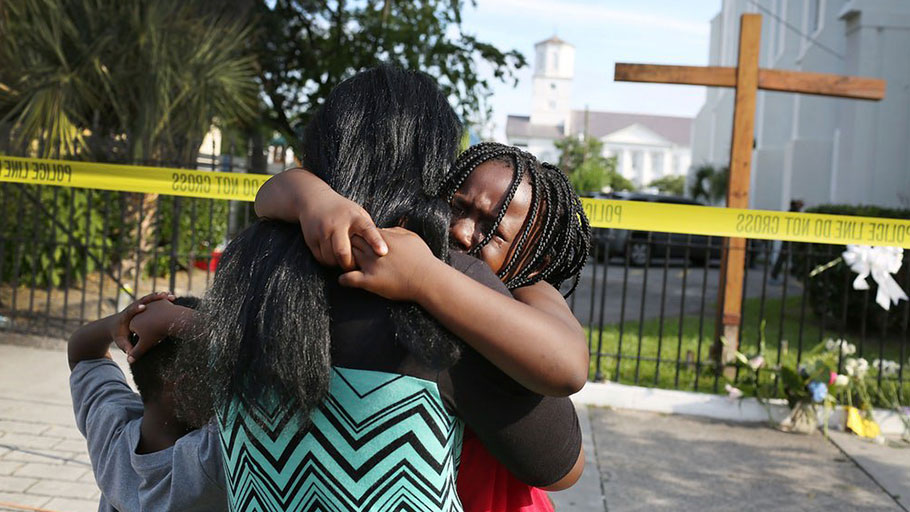
How the legacy of Jim Crow haunts Trump’s America By Kimberlé Williams Crenshaw, The New Republic — This April, PBS aired a groundbreaking documentary series on the fate of Reconstruction—and therefore of Black America. Featuring more than 40 scholars (myself among them) and Black descendants of key figures in Reconstruction’s history, this copiously researched chronicle also doubles as a powerful and chilling window on to our own age of violent and resurgent white nationalism.
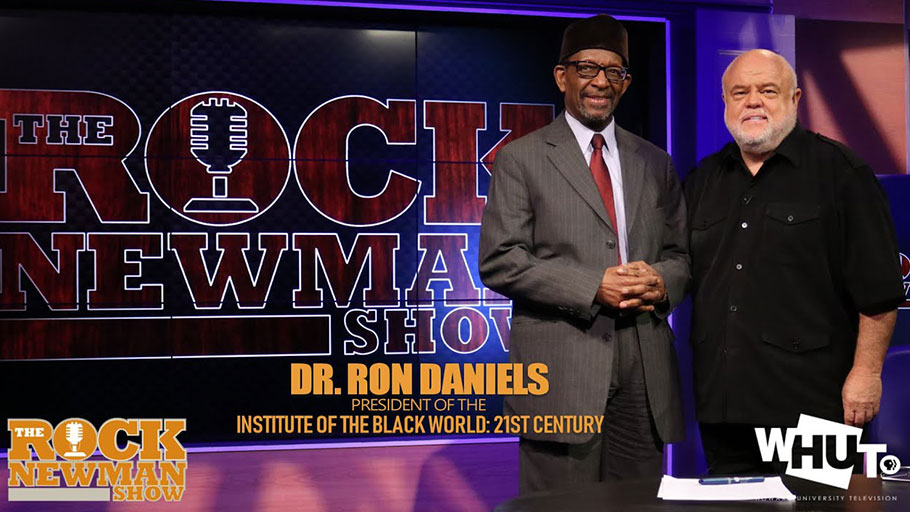
Rock Newman Show — With reparations, gentrification, issues like the Mueller Report and rising calls for president Trump’s impeachment making headlines. We’ll share an illuminating discussion of the “Politics of the Unusual” with political scientist Dr. Ron Daniels, president of “The Institute of the Black World 21st Century”. Comments: Share your thoughts or read comments made by others about this episode of the Rock Newman Show on the Rock Newman…
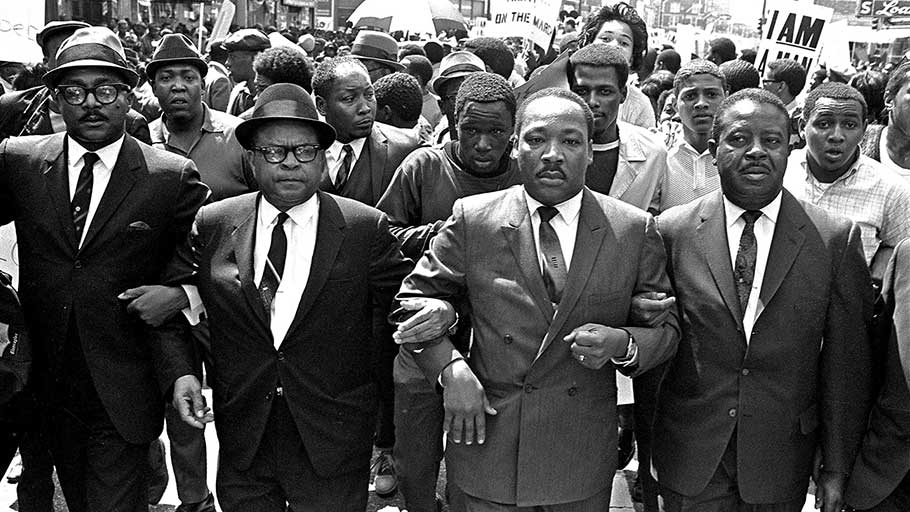
By Robert Greene II, The Nation — Gone was the optimism of 1963. It had been replaced by a sense of disillusionment, a sense of urgency that America was about to lose the last chance to have its soul.” This was how Jet magazine described the climax of the Poor People’s Campaign, which reached Washington, DC, in the tumultuous summer of 1968. For Jet and for many early civil-rights activists, the Poor People’s Campaign…
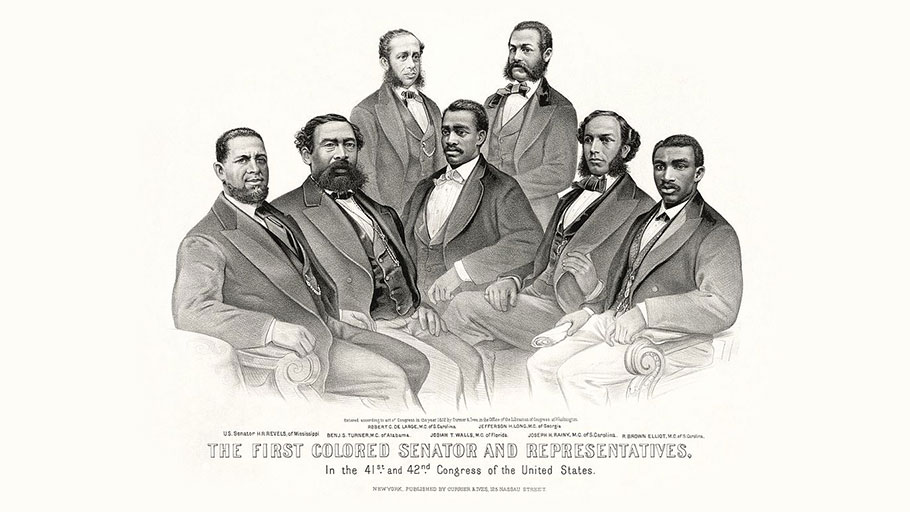
By Henry Lewis Gates, Jr., Times — During an interview with Chris Rock for my PBS series African American Lives 2, we traced the ancestry of several well-known African Americans. When…